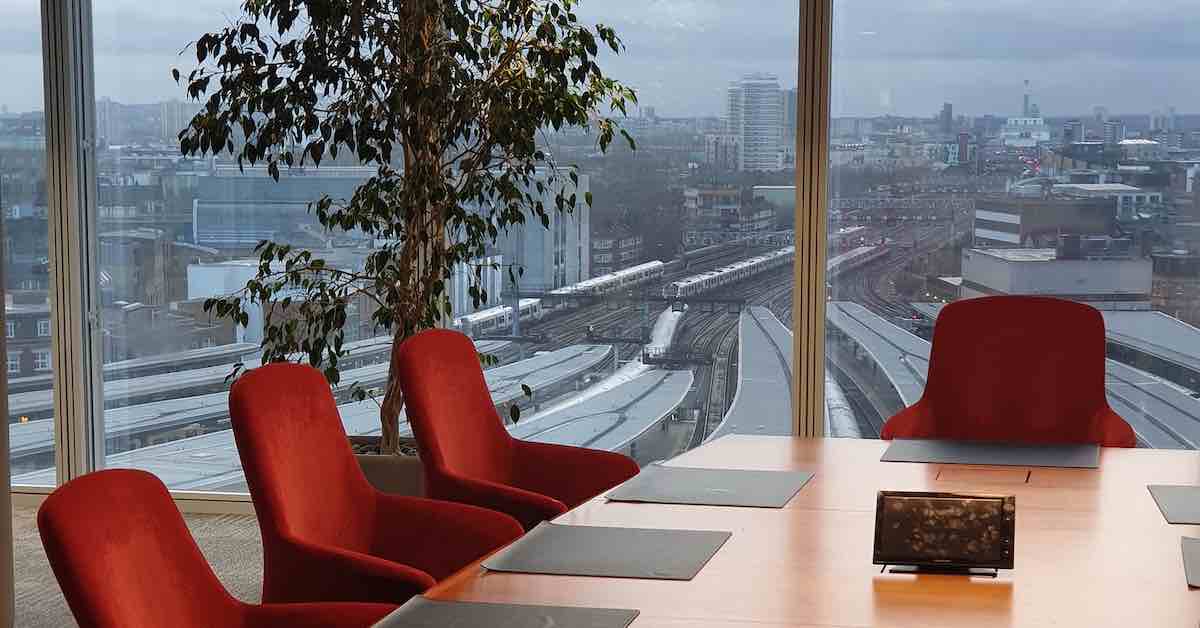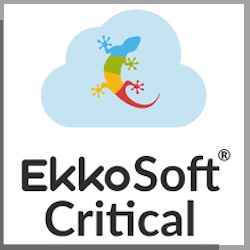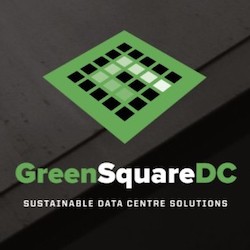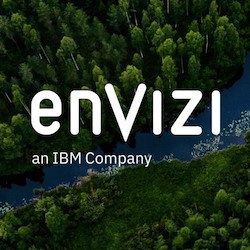Here's the scenario: You're building a technology startup focused on sustainable IT, renewable energy, carbon reduction, climate tech or some other opportunity in the sustainability market. The question: Where can you go for mentoring, financial guidance and perhaps even some funding?
One potential answer involves startup accelerators and incubators -- which typically provide executive guidance, business and technology support, and limited funding in exchange for equity. (Side note: Some accelerators and incubators don't involve funding-for-equity.)
List of Accelerators That Support Sustainability Startups
There are hundreds of accelerators and incubators worldwide, but not all of them focus on sustainability, climate tech or green IT startups.
While we don't endorse any particular accelerators or incubators, the list below (updated regularly) provides some potential starting points for you and your sustainability startup:
1. 100x: This is a global impact initiative based at the London School of Economics and Political Science (LSE). 100x in October 2025 launched its latest search for the next generation of social unicorns —not billion-dollar companies but organizations whose models can positively impact a billion lives, the organization said.
2. 500 Global Sustainable Innovation Seed Accelerator: The organization in August 2025 launched a Sustainable Innovation program that aligns with 500 Global's Sustainable Innovation Seed Accelerator in Nairobi.
3. AB Inbev 100+ Accelerator: Through the 100+ Accelerator, AB Inbev is seeking partners that can "deliver breakthrough advancements in water stewardship, farmer productivity, product upcycling, responsible sourcing, green logistics and more."
4. ACCEL: This is an accelerator from Greentown Labs and Browning the Green Space (BGS). The company in March 2024 named its 2024 cohort.
5. Adaptation Fund Climate Innovation Accelerator (AFCIA): Launched by the World Food Programme (WFP), in partnership with the Adaptation Fund. As of September 2025, the accelerator was seeking startups for its Asia cohort.
6. AI Hub for Sustainable Development: Endorsed by the G7 leaders, the AI Hub for Sustainable Development is designed to re-imagine global AI partnerships and power local ecosystems with Africa, according to the organizers.
7. Amazon Sustainability Accelerator: Amazon in September 2025 invited 11 new start-ups and scale-ups to join the ClimateTech cohort of the Amazon Sustainability Accelerator. Key backers include Founders Intelligence, which has been part of Accenture since November 2021. Earlier, Amazon in April 2025 selected eight startups to join the company's 2025 sustainability accelerator. Alas, none of the startups involved IT services. A previous Amazon Sustainability Accelerator, announced May 28, 2025, includes 15 startups from across Europe. The startups focus on such areas circular economy, energy in buildings and packaging.
8. Amazon Clean Energy Accelerator 4.0 cohort: This cohort, announced in August 2024, focuses on Amazon Operations Sustainability; Generative AI for clean energy; water tech acceleration; energy storage; grid modernization and security; and alternative fuels. Updated December 2025: The Amazon Devices Climate Tech Accelerator is accepting inquiries for 2026.
9. Amazon Devices Climate Tech Accelerator: This accelerator selected 14 startups for a 16-week program in 2025. The accelerator supports startups developing next-generation solutions in energy efficiency, materials innovation, and device sustainability.
10. Amazon 2024 AWS Generative AI Accelerator: Amazon selected 80 startups for the accelerator. Participants include Unravel Carbon (a carbon management software platform) and Multiverse Computing (quantum algorithms that energy efficiency and sustainability of GenAI).
See accelerators 11-20 on the next page. Did we fail to mention a sustainability-focused accelerator? If so please email me the details (accelerator name, website, focus, etc.).




